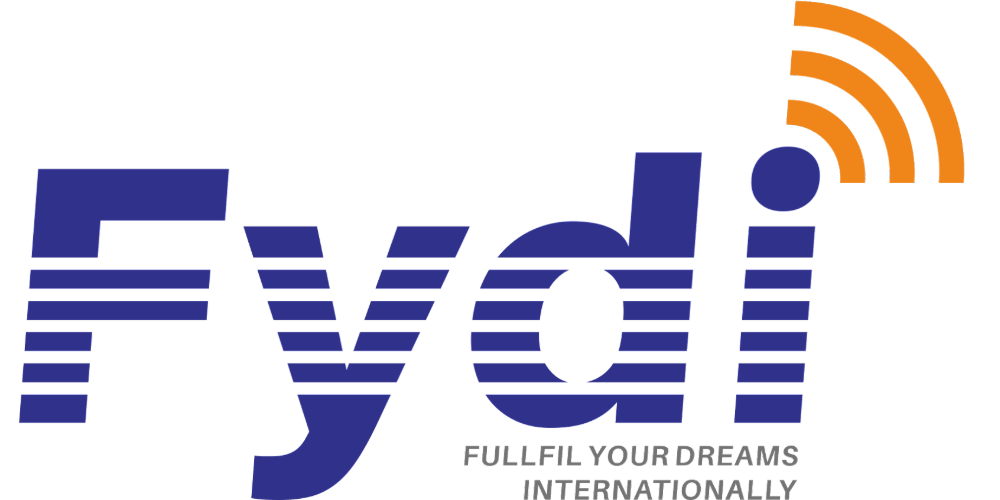The healthcare industry is grappling with severe staffing shortages, which increase pressure on existing staff and risk compromising patient care. These shortages affect organizations of all sizes, from small clinics to large hospital systems. How can outsourcing help with healthcare staffing shortages? Outsourcing provides a practical solution by enabling access to a larger talent pool, addressing immediate needs, and offering long-term benefits in cost savings, flexibility, and access to specialized skills.
If you want to learn more about how outsourcing can support your organization, visit our Healthcare Outsourcing Pillar Page.
The Growing Need for Staffing Solutions in Healthcare
Healthcare staffing shortages stem from several key factors:
- Aging Workforce: Many healthcare professionals are nearing retirement, creating vacancies.
- High Turnover Rates: Stressful work conditions and burnout lead to frequent staff changes.
- Increased Demand for Services: Growing populations and aging demographics drive higher demand for medical professionals.
These challenges make it difficult for organizations to maintain adequate staffing levels, affecting patient care. Outsourcing Revenue Cycle Management to Improve Cash Flow highlights how outsourcing can also help organizations allocate resources effectively.
Key Benefits of Outsourcing Healthcare Staffing
1. Access to a Wider Talent Pool

Outsourcing connects healthcare providers with a larger pool of qualified professionals, enabling quicker hiring and better patient care.
- Specialized Skills: Agencies provide access to experts in hard-to-fill roles, such as radiologists or surgical technicians.
- Faster Hiring: Staffing agencies maintain a robust talent pipeline, reducing onboarding time.
- Improved Patient Outcomes: Patients benefit from skilled care, even during shortages.
Explore how outsourcing can ensure accuracy and compliance in roles like medical billing with Outsourcing Medical Billing and Coding to Avoid Payment Delays.
2. Increased Flexibility

Outsourcing allows healthcare organizations to adapt staffing levels based on demand.
- Scalability: Providers can adjust staff numbers during peak seasons, like flu season or emergencies.
- Tailored Solutions: Agencies offer part-time, temporary, or specialized hires to meet varied needs.
- Burnout Mitigation: Flexible staffing reduces stress on in-house teams, improving morale and care quality.
Learn how patient support is enhanced through flexible outsourcing in Managing 24/7 Patient Support Through Outsourced Call Centers.
3. Reduced Recruitment Costs
Outsourcing eliminates many expenses tied to hiring, training, and retaining employees.
- Lower Overhead: No need for recruiting infrastructure or in-house HR resources.
- Savings on Training: Agencies handle onboarding, saving time and money.
- Retention Challenges: Agencies manage replacements, reducing the financial impact of turnover.
Challenges and Considerations
While outsourcing offers many benefits, healthcare organizations must address potential challenges:
- Cultural Fit: Ensure outsourced staff align with organizational values and practices.
- Continuity of Care: Outsourced professionals should be trained in internal processes to maintain consistency.
- Regulatory Compliance: Verify that staffing agencies meet all legal and ethical healthcare standards.
By selecting a reputable outsourcing partner, healthcare providers can overcome these challenges effectively.
Implementing Outsourced Staffing Solutions
Transitioning to an outsourced staffing model involves several strategic steps to ensure a smooth process:

1. Identify Specific Staffing Needs
Conduct a thorough evaluation of current workforce gaps and demands.
- Key Roles: Determine high-priority positions, such as nurses or administrative staff.
- Workforce Trends: Understand seasonal or demographic demands affecting staffing needs.
2. Partner with a Reputable Staffing Agency
Choose an experienced agency with a strong track record in healthcare.
- Healthcare Expertise: Look for agencies that specialize in medical staffing.
- Regulatory Compliance: Confirm adherence to standards like HIPAA.

For additional insights, explore Ensuring Regulatory Compliance with Outsourced Healthcare Solutions to learn how agencies manage compliance.
3. Develop Clear Communication Protocols
Establish clear guidelines and expectations with the outsourcing partner.
- Roles and Responsibilities: Define onboarding, training, and performance expectations.
- Metrics for Success: Use benchmarks like patient satisfaction and staff productivity to measure success.
FAQs About Outsourced Healthcare Staffing
Q: How can outsourcing help with healthcare staffing shortages?
A: Outsourcing provides healthcare organizations with access to a larger pool of qualified professionals, allowing them to fill critical roles quickly and efficiently.
Q: What are the benefits of outsourced talent in healthcare?
A: Benefits include access to specialized skills, faster hiring processes, increased workforce flexibility, and reduced recruitment costs.
Q: Can outsourcing improve healthcare workforce flexibility?
A: Yes, outsourcing allows organizations to scale their workforce based on patient demand, ensuring they have the right staff levels at all times.
Q: What types of roles can be outsourced in healthcare?
A: Commonly outsourced roles include nurses, administrative staff, specialists, and support staff, depending on the organization’s needs.
Q: How do I ensure that outsourced staff meet our organization’s quality standards?
A: Partnering with a reputable staffing agency that specializes in healthcare and has a proven track record will ensure that outsourced professionals meet your quality standards.

